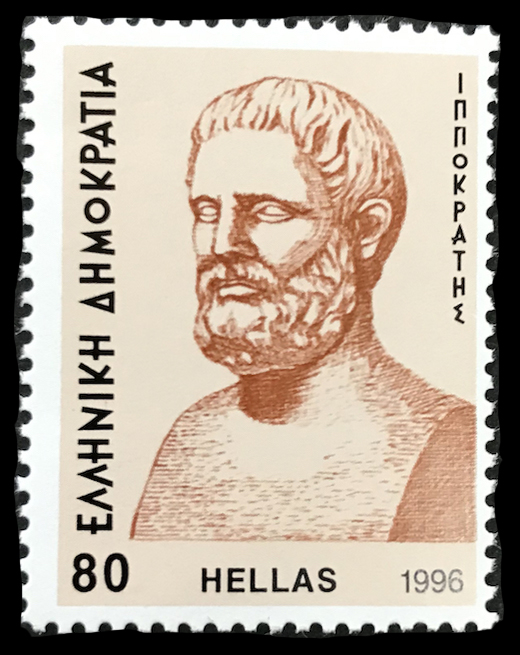
Way back in the year 430 BC, a plague struck the ancient city of Athens. Arriving via the port, the deadly epidemic quickly spread through the crowded city, without sparing any segment of the population. While the cause of the plague is still a mystery (it was most likely a respiratory disease, such as typhus or smallpox), it left a quarter of the city’s population (about 75,000 to 100,000 people) dead.
Hippocrates, a young physician from the Greek island of Kos, who was gaining recognition for his medical practice and teachings at that time, was called upon to help.
Hippocrates observed that the disease was spreading rapidly and decided to investigate its source. He noticed that the plague was most severe near the city’s sewers and cesspits. He ordered the burning of aromatic woods and herbs to purify the air, and advised people to leave the affected areas and spread out.
Hippocrates’ advice on the plague helped in several ways:
- Identifying the source: By observing the connection between the plague and the city’s sewers and cesspits, Hippocrates recognised the role of environmental factors in causing diseases.
- Improving sanitation: His recommendation to burn aromatic woods and herbs helped purify the air, reducing the spread of the disease.
- Isolation and quarantine: By advising people to leave the affected areas, Hippocrates effectively implemented an early form of quarantine, containing the outbreak.
- Reducing panic: Hippocrates’ calm and rational approach helped alleviate fear and panic, allowing for more effective management of the crisis.
With firm leadership and actions in patient care and disease prevention, he helped restore the health of many who were suffering. Even though many died of the Athens plague, the survivors knew that they owed their lives to Hippocrates.
Hippocrates’ ground-breaking approach to handling plague by focussing on observation and empirical research, environmental factors in disease causation, and effective preventive measures laid the foundation for Western medical tradition and earned him a revered status in the history of medicine. He is hailed as the harbinger of modern epidemiology and public health strategies.
Other contributions
Hippocrates (460-370 BCE) made several key contributions to medicine:
- Hippocratic Oath: A code of ethics for physicians, emphasising confidentiality, non-maleficence (do no harm) and respect for patients.
- Clinical observations: Detailed records of patient cases, symptoms and treatments, demonstrating the importance of empirical observation.
- Four Humours theory: Introduced the concept of four fluid-like substances (blood, phlegm, yellow bile and black bile) believed to determine health and disease.
- Diagnostic techniques: Developed methods like palpation (feeling with the hands), auscultation (listening to sounds) and observation of symptoms.
- Prognostication: Emphasised predicting patient outcomes based on symptoms and treatment responses.
- Therapeutic approaches: Advocated gentle, non-invasive treatments, including diet and exercise.
- Surgical contributions: Described surgical techniques, like skull and abdominal surgeries.
- Medical education: Established the Hippocratic School, teaching medicine through apprenticeships and hands-on training.
- Medical literature: Authored numerous treatises, including the famous Air, Water and Place, which discussed epidemiology and environmental health.
Hippocrates’ contributions revolutionised medicine, shifting the focus from supernatural explanations for infections to rational observation, inquiry and symptom-based treatment. His legacy continues to influence medical ethics, education and practice even today.
Image: A postage stamp issued by Greece in 1996, honouring Hippocrates, on the occasion of the first International Medical Olympiad held in his birth-place, Kos. Courtesy https://www.baus.org.uk/
